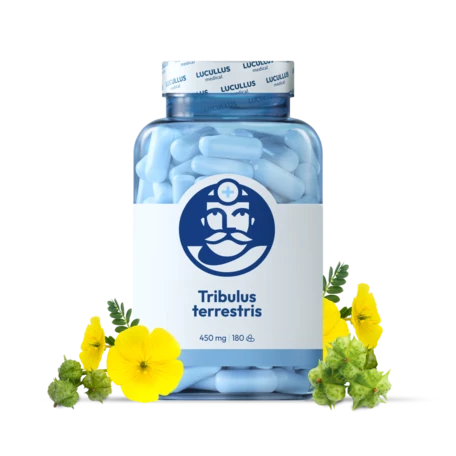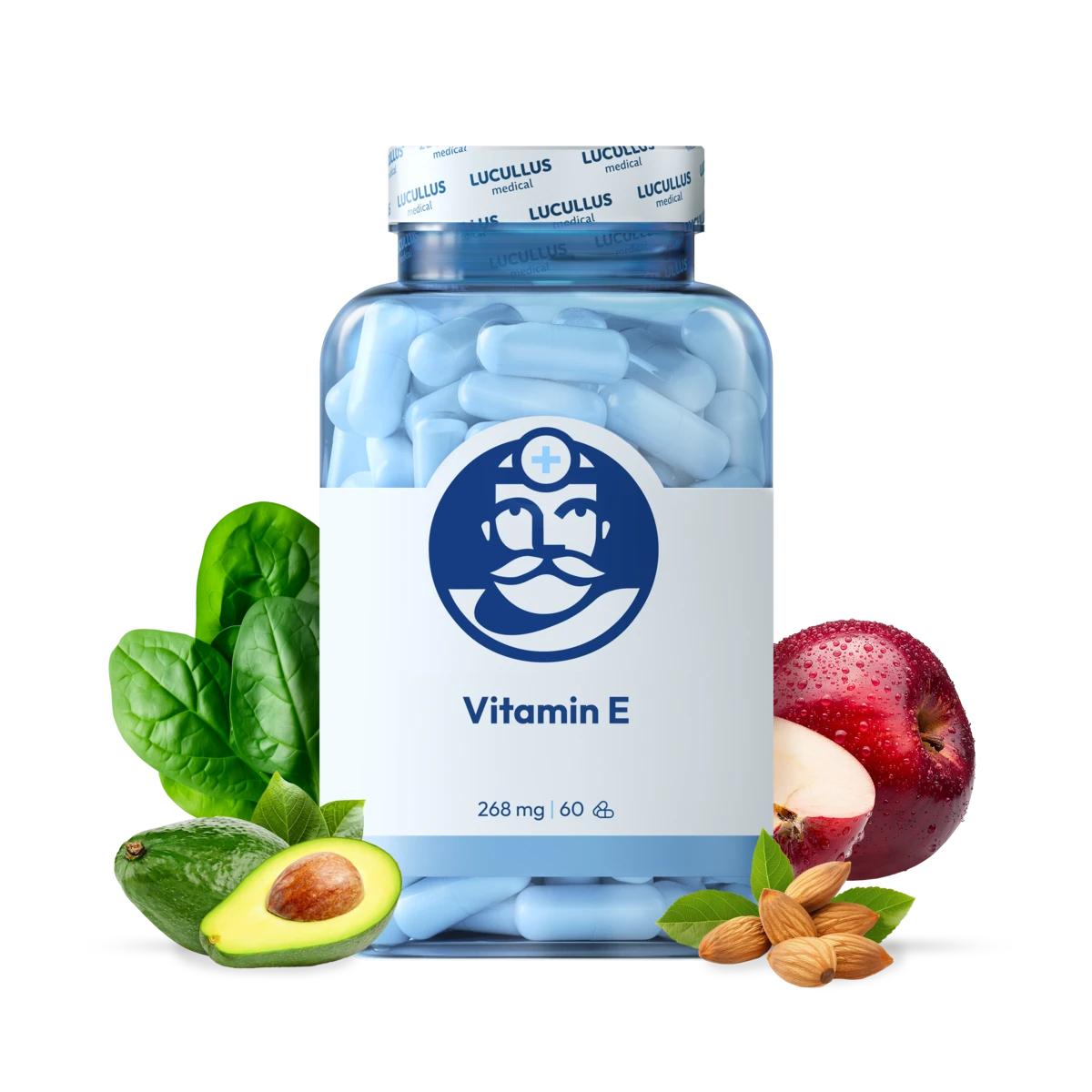
Histamine Control
Histamine is often perceived negatively, especially for its role in allergic reactions and intolerance. As with many things in life, black-and-white thinking is not suitable for this biogenic amine. As a neurotransmitter, it participates in many critical processes. In defending the body, for example, it supports the enlargement of blood vessels, making it easier for immune cells to access the site of inflammation. At the same time, it stimulates the production of gastric juices (essential for food processing), regulates the sleep cycle, controls appetite, and plays a role in learning, memory, and emotions. Histamine naturally occurs in the human body, and its balance is crucial for health. In the digestive system, it's broken down by the enzyme diamine oxidase. However, if histamine intake is greater than the body can break down, histamine intolerance develops. This imbalance can be caused by stress, poor lifestyle, medicines, or other factors. Excess histamine can lead to unpleasant symptoms, often resembling food allergies or digestive issues. It's essential to understand histamine as an important helper in our body.

Innovative LIPO C (Liposomal Vitamin C)
Vitamin C (ascorbic acid) has long been recognized for its ability to enhance immune function and reduce the severity and duration of colds and flu. That vitamin C is essential for optimal immune system functioning and overall health is well known. This is evidenced by the fact that vitamin C is one of the most popular and widely used dietary supplements worldwide. The low content of this vitamin in processed foods requires its regular replenishment. In addition to boosting immunity and shortening the duration of colds, it plays an important role in wound healing, brain function improvement, and bone strength support.

Fascinating Reishi (Ganoderma lucidum)
It is not by chance that in various countries it is referred to as the "mushroom of immortality" and the "mushroom of eternal life". In Japan, "Reishi" means "spiritual power". In China, it is known as "Lingzhi", which means "divine mushroom". It is one of the most valuable mushrooms in traditional medicine, used for the treatment of chronic diseases, and acknowledged for over 4000 years for its strong effects (similar to ginseng) documented in ancient books. It's also called the "mushroom of happiness" for its ability to alleviate ailments such as arthritis, insomnia, chest tightness, persistent weakness, high blood pressure, dizziness, mushroom poisoning, and heart diseases ...

Iodine-Kelp
Probably everyone who has watched the great series Chernobyl remembers the scene where the main female protagonist is handing iodine tablets to the secretary in the office of the Belarusian ministry, who, by the way, says she is pregnant. Iodine is a chemical element that our body needs for the thyroid gland to function properly. And anyone who has thyroid issues knows how much it influences in the body. It is truly incredible how intricately our bodies are assembled and what is required to ensure you are healthy and functional.









